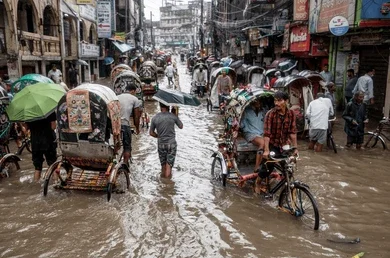
Bangladesh stands on the frontlines of climate change, grappling with the dual threats of rising sea levels and intensified flooding that threaten both its land and livelihoods. The country’s densely packed population exacerbates the impact of these environmental challenges, creating a dire need for effective disaster planning and recovery efforts. However, limited financial and infrastructural resources hinder the government’s ability to implement comprehensive strategies. As a result, millions are left vulnerable, facing the harsh realities of climate unpredictability with insufficient support and preparation.
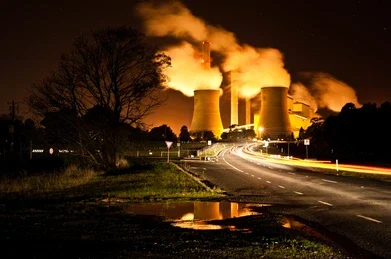
Australia faces a significant challenge in its transition to renewable energy due to its deep-rooted reliance on fossil fuels, especially coal. This dependency is further complicated by powerful economic interests entrenched in the mining and energy sectors, which often prioritize short-term profits over long-term sustainability. As climate change intensifies, the urgency for cleaner energy solutions grows, yet the political and economic inertia surrounding fossil fuel investments hinders progress. Balancing economic stability with environmental responsibility remains a critical obstacle to achieving a sustainable energy future.
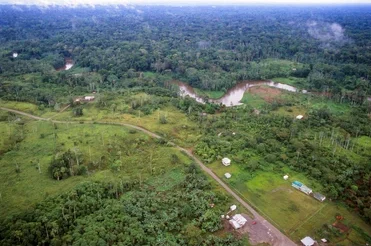
The Amazon rainforest in Brazil is under threat from deforestation driven by agricultural expansion, illegal logging, and weak enforcement of environmental laws. This degradation endangers biodiversity and indigenous communities, contributing to global climate instability.
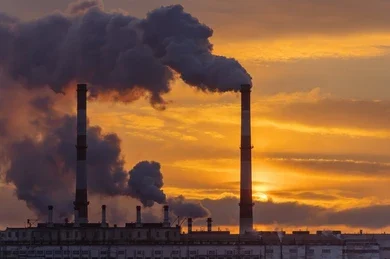
Russia faces a complex climate challenge due to its vast territories and diverse climate impacts, which hinder the development of a unified climate policy. The country’s reliance on oil and gas exports creates significant barriers to reducing greenhouse gas emissions, as economic interests often take precedence over environmental considerations. This reliance not only exacerbates climate change but also leaves the nation vulnerable to the fluctuating global energy market. As a result, fostering a sustainable approach to climate change remains an uphill battle amid conflicting priorities.
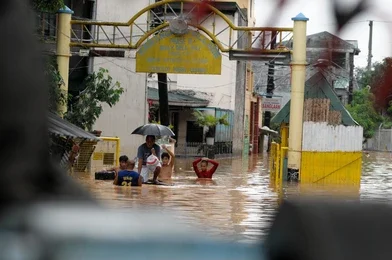
The Philippines faces a daunting challenge as it grapples with frequent natural disasters, compounded by the effects of climate change that intensify their severity and unpredictability. Local government units, often constrained by limited resources, encounter conflicting priorities that hinder effective disaster response and recovery efforts. This situation leaves vulnerable communities at greater risk, as timely aid and support may be delayed or misaligned with urgent needs. The result is a fragile system that struggles to protect its citizens in the face of escalating environmental threats.

